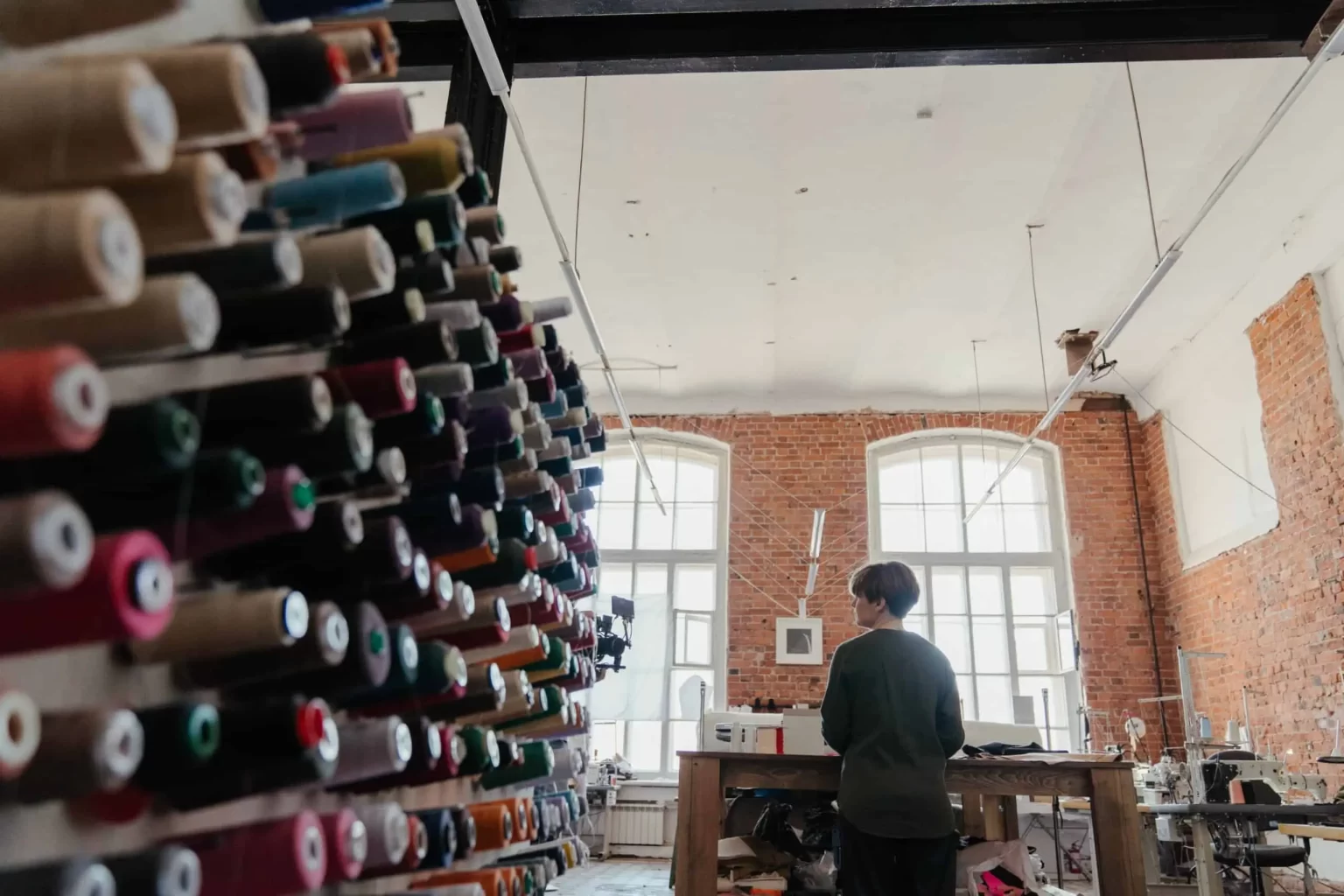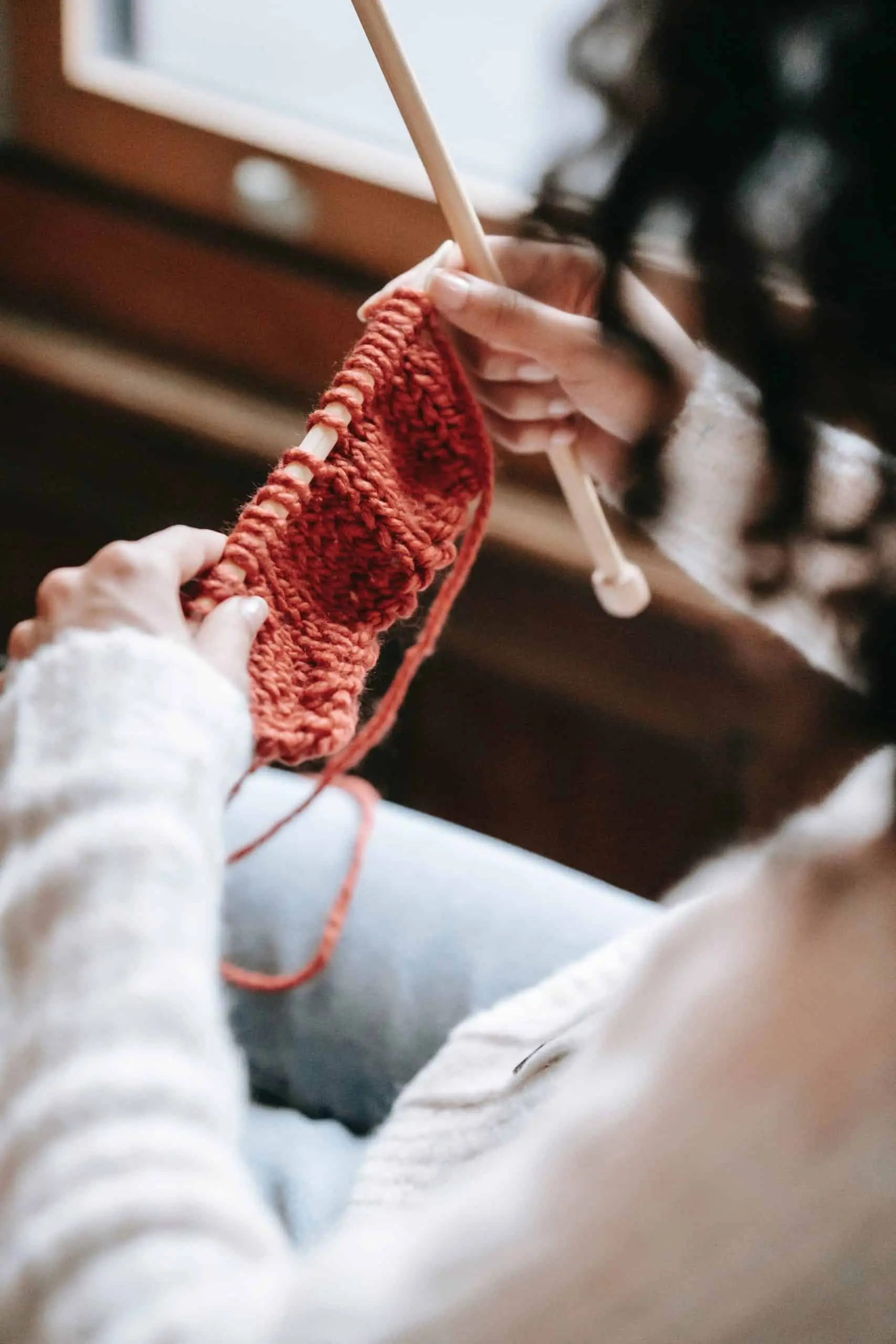Embroidery Group: Connecting and Learning with Like-Minded Embroidery Enthusiasts
Embroidery is a rich and varied craft with a long history. Today, it is enjoying a resurgence in popularity among people of all ages and backgrounds.
One of the best ways to learn and enjoy embroidery is to join an embroidery group. These groups provide a supportive and stimulating environment where members can share their passion for the craft. Embroidery groups also offer a great opportunity to learn new skills and techniques from others.
Whether you are a beginner or an experienced embroiderer, joining an embroidery group is a great way to connect with like-minded people and further your love of this fascinating craft.
1. What is embroidery?
Embroidery is an ancient craft that has been practised for centuries all over the world. It is a needlework technique that involves stitching designs onto fabric using thread.
Embroidery can be used to decorate household items such as towels, tablecloths and bedding. It can also be used to make clothing and accessories more stylish. Embroidery is a popular hobby among people of all ages and there are many different Embroidery Groups that meet regularly to share ideas and learn new techniques.
Embroidery is a relaxing and enjoyable activity that can be done alone or with friends. It is a great way to express your creativity and make beautiful things.
2. What are the benefits of embroidery?
Embroidery has been around for centuries, and is a popular pastime for many people around the world. It’s a relaxing, creative activity that can be enjoyed by people of all ages and abilities.
There are many benefits to embroidery, both for the individual and for the wider community.
On a personal level, embroidery can be a great way to unwind and de-stress. It’s also a fantastic way to express your creativity, and to make something unique and beautiful that you can cherish forever.
Embroidery is also a great way to meet new people and make friends. There are many embroidery groups and clubs around the world, where like-minded people can get together to share their passion for embroidery. This is a great way to learn new skills and techniques, and to find inspiration for your own projects.
Embroidery can also have a positive impact on mental health. Studies have shown that embroidery can help to reduce anxiety and depression, and can also improve cognitive function.
On a wider level, embroidery can also help to build community spirit and cohesion. In many communities, embroidery is used to create public artworks that everyone can enjoy. This can help to bring people together and to foster a sense of pride in where they live.
Embroidery also has a long history of being used as a way to raise money for good causes. Many charities and fundraising groups use embroidery to create products that can be sold to support their work.
So, as you can see, there are many benefits to embroidery. Whether you’re looking for a way to relax, to be creative, or to make a difference in the world, embroidery is a great option.
3. What is the history of embroidery?
The history of embroidery is a rich and varied one, with needlework traditions existing in cultures all around the world. Embroidery has been used for both functional and decorative purposes, and has been passed down through generations of craftspeople.
Some of the earliest examples of embroidery date back to 3,000 BCE, when small beads or shells were sewn onto clothing using thin reeds or animal bones. This type of embroidery, known as couching, was popular in ancient Egypt and Greece. By the Middle Ages, embroidery had become a highly skilled craft, with needlework guilds existing in Europe.
There are a variety of different embroidery stitches that can be used, and each has its own history and origins. The most common stitches are the chain stitch, the satin stitch, and the cross stitch.
The chain stitch is one of the oldest embroidery stitches, and is thought to have originated in China. The stitch gets its name from the fact that it resembles a chain when it is completed. The satin stitch, meanwhile, is a smooth, flowing stitch that is often used to fill in large areas of fabric. It gets its name from the fact that it creates a shiny, satin-like finish.
The cross stitch is a popular type of embroidery that is often used to create decorative patterns on fabric. The stitch gets its name from the fact that it resembles a cross when it is completed.
Embroidery has been used for centuries to create beautiful and intricate designs on fabric. Today, it is still a popular craft, enjoyed by people of all ages.
4. How to start an embroidery project?
There are a few things you need to do before starting an embroidery project. Firstly, you need to gather all of the supplies you will need. This includes things like embroidery thread, a needle, fabric, and scissors. Once you have all of your supplies, you need to choose a design. You can either create your own design or find one online or in an embroidery magazine. Once you have your design, you need to transfer it onto the fabric. You can do this by tracing it onto the fabric with a pencil or using an embroidery hoop to hold the fabric in place.
After your design is transferred onto the fabric, it’s time to start embroidering! To do this, you will need to thread your needle with embroidery thread. You can either use one thread color or multiple colors. Once your needle is threaded, you will need to start at the back of the fabric and come up through the fabric to the front. Then, you will need to insert the needle back into the fabric and come up through the fabric again. You will continue doing this until you have completed your design.
Once you have completed your embroidery project, you will need to cut the excess thread off of the fabric. You can then wash the fabric to remove any pencil markings. Once the fabric is dry, you can iron it to set the stitches. And that’s it! You have now successfully completed an embroidery project.
5. How to join an embroidery group?
If you’re looking to join an embroidery group, there are a few things you should keep in mind. Embroidery groups can be a great way to connect with like-minded people and learn new techniques, but it’s important to find the right group for you. Here are a few tips on how to join an embroidery group:
1. Do your research: There are many different types of embroidery groups out there, so it’s important to do your research to find the right one for you. There are groups that focus on particular styles of embroidery, groups that are open to all levels of experience, and even groups that meet online. Once you’ve narrowed down your options, take some time to read through the group’s information to see if it’s a good fit for you.
2. reach out to the group: Once you’ve found a few potentialgroups, reach out to them to get more information. Most groups will have an contact email or website where you can get in touch.
3. Attend a meeting: Once you’ve got all the information you need, the best way to see if a group is right for you is to attend a meeting. This way, you can meet the other members and get a feel for the group’s dynamic.
4. Ask questions: If you’re still unsure about whether or not a group is right for you, don’t be afraid to ask questions. The group’s members should be more than happy to answer any questions you have.
5. Have fun: Remember, the whole point of joining an embroidery group is to have fun! So don’t be afraid to jump in and start stitching.
The Embroidery Group has become a hub for embroidery enthusiasts from all over the world to connect and learn from one another. The group has brought together people with a shared passion for embroidery and has helped them to improve their skills and knowledge. The group has also helped to promote the art of embroidery and has encouraged more people to take up the hobby. The Embroidery Group has been a great success and has made a positive impact on the embroidery community.

